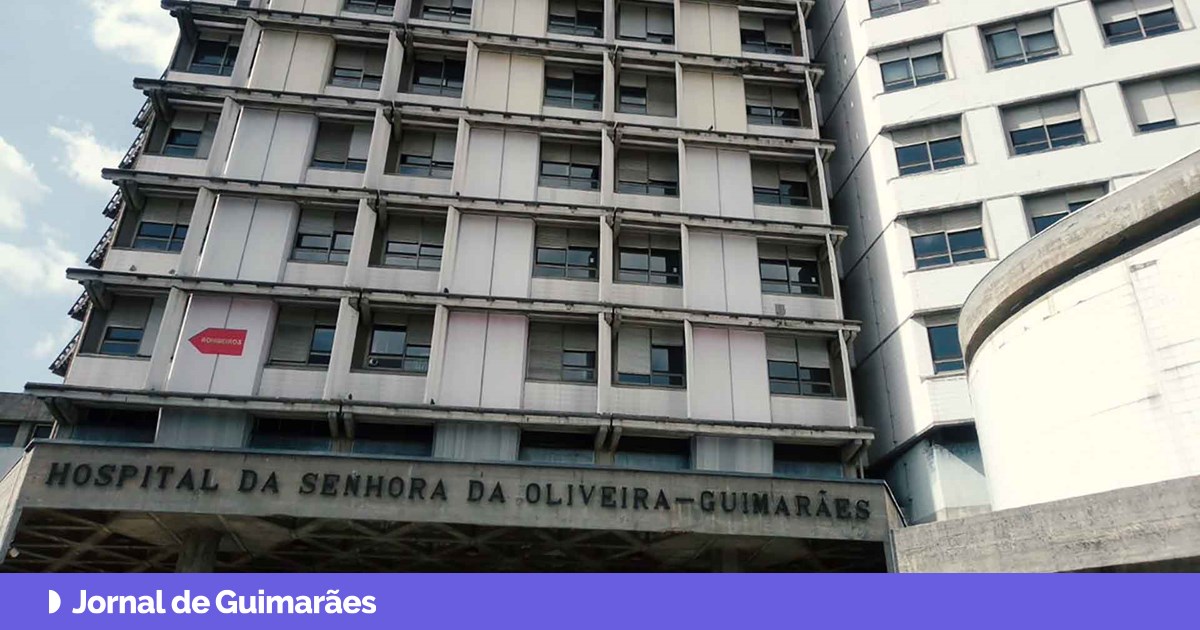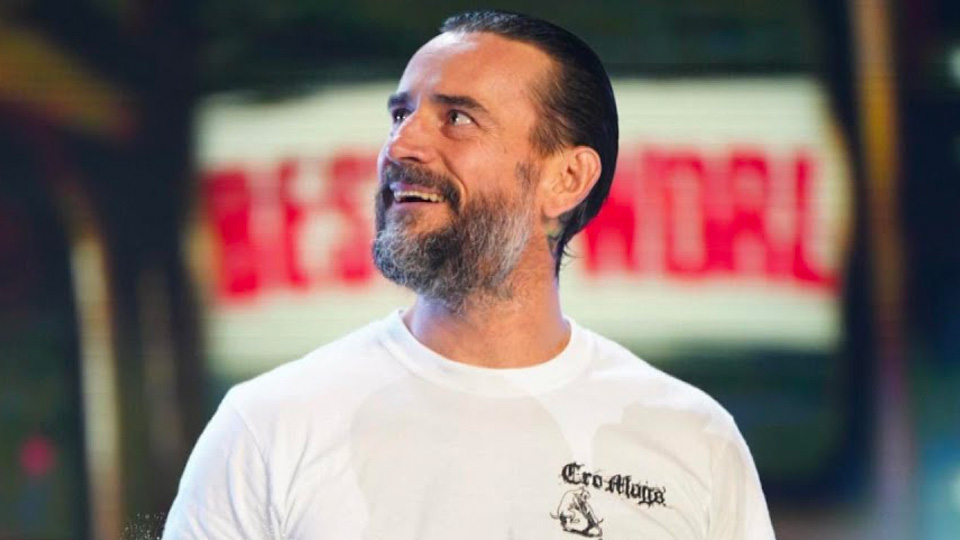The Local Health Unit (ULS) of Guimarães is the intention of the Executive Board of National Health Service, publicly supported by the mayor, Domingos Bragança, since it was announced in December. This positive opinion extends to the chairman of the board of directors of a corporation Hospital Senhora de Oliveira – Guimarães (HSOG)who sees this model as an answer to the increasing “health care integration” he advocates between hospitals and family health units (USF).
“Integration of care serves citizens in the first place. At the moment, they go like a tennis ball: primary care hospitals, primary care hospitals. And the citizen says: I have a disease and I will divide it into two halves? Do I go to the hospital in one part, and in the other part go to the health center Henrique Capellas emphasized on the sidelines of the opening of the hospital’s hemodynamics laboratory on Wednesday.
For the official, ULS is the Portuguese name for a process already in place in Canada, New Zealand, the United Kingdom and Spain, and has been recommended by the World Health Organization since 2003. And what is called “integration of care” changes? For Henrique Capelas, it can correct “many aberrations” in an area What, like justice and education, is “too focused on itself, on organisations, not on people”.
Should ULS advance, HSOG and Alto Ave Health Centers Group will legally cease to exist; ULS on Alto Ave, where hospital doctors and USF doctors become “colleagues,” is in a “more responsible organizational culture” that can combat the “hospital-centric” tendency of Portuguese society. “Local health units can only succeed if they focus on primary health care,” he says, noting that “a plan for primary health care training and research is being developed.”
ULS will integrate 24 USFs into its existing referral area – Guimarães, Vizela, Fafe, Cabeceiras de Basto and Mondim de Basto – and, for the chairman, may bring hospital specialists closer to the most remote population. “Why do children from Mondim de Basto or Cabeceiras have to come to the hospital and why doesn’t the pediatrician go to the Mondim de Basto center to provide health care there? Doctors specializing in the hospital will, wherever possible, provide services there. When we provide health care closer to Citizen, this makes our hospital bigger,” he points out.
For municipalities with users who prefer to use HSOG – Felgueiras, Vila Nova de Famalicão and Celorico de Basto, for example – ULS will be ready to welcome them, Henrique Capelas promises. What about citizens from outside the area who travel to the hospital? They will be treated and we will be held accountable with the Ministry of Health. We hope they get to the hospital, as they have so far,” he said.
The chancellor says she is an “unconditional fan” of ULS
Adelina Paula Pinto considers it “important not to lose anything from the regional network,” assuming, in this case, that she is a ULS advocate. “I am an unconditional fan of ULS. I believe it will add value to the patient, who is able to be in a health network that communicates with each other and manages expression,” he affirms.
The Municipal Councilor of Health uses the example of the Hemodynamics Lab to point out that Guimarães users are not the only ones who now enjoy closer service. Also those of Cabeceiras de Basto, for example. “This medical unit must be protected along with the surrounding territory. Many times we tend to forget about it, because the bulk of the population is in Guimarães,” he recalls.

“Writer. Analyst. Avid travel maven. Devoted twitter guru. Unapologetic pop culture expert. General zombie enthusiast.”

